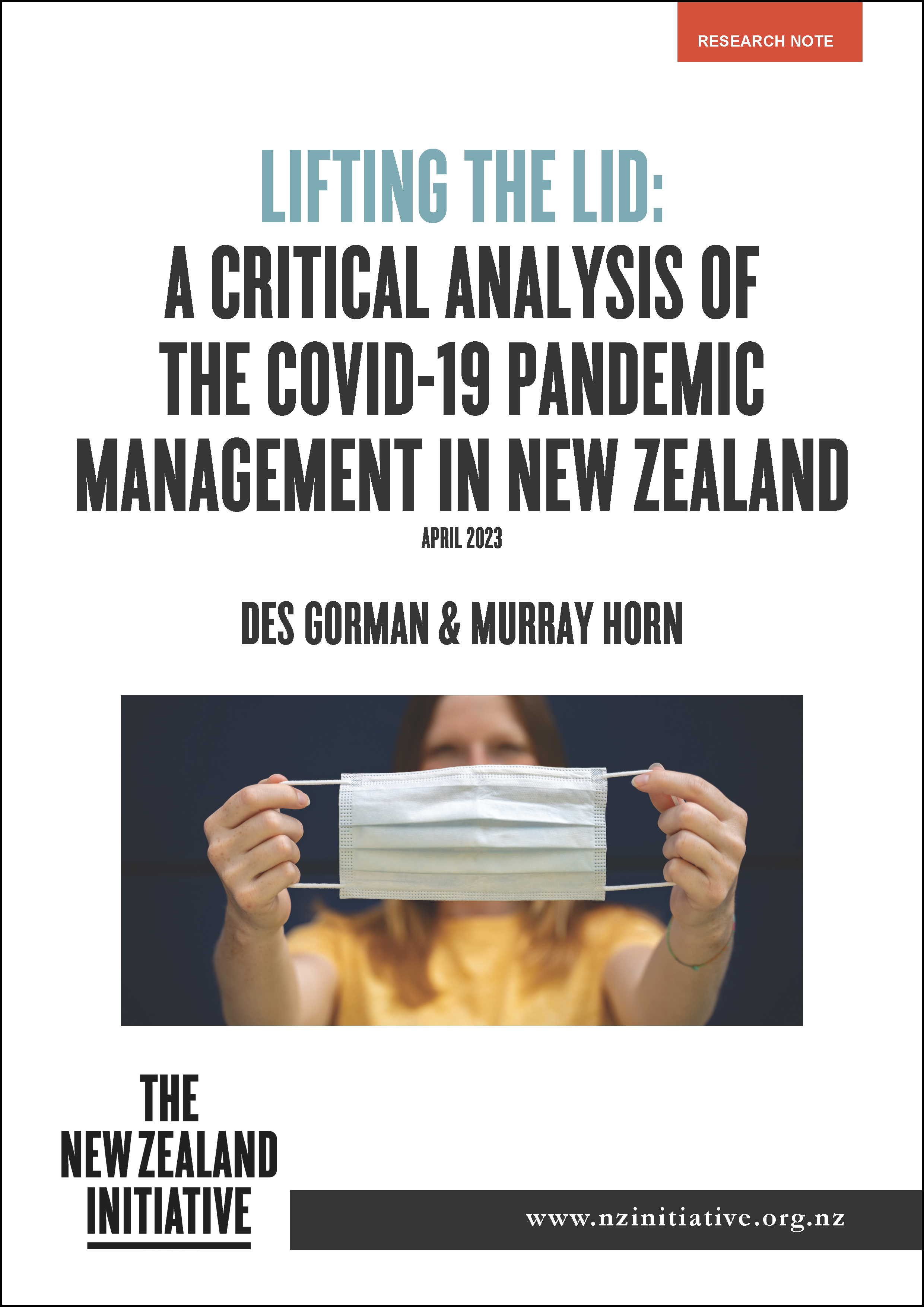A pandemic caused by the SARS-CoV-2 virus (COVID-19) continues both worldwide and in New Zealand. Although estimates are that half the New Zealand population have been infected, more likely almost every citizen has come into contact with the virus in some way. New Zealanders continue to be reinfected by old strains of the virus and by emergent strains. About 0.1% of those who have reported infections have died. At the triennial anniversary of the epidemic in New Zealand, a review is timely to identify what can be done better and to inform future pandemic planning.
Initial strategy was fine, but execution lacked adaptability and agility.
Our concern is not with the initial strategy adopted to manage the pandemic. Our geographic isolation was a huge advantage in initially keeping the pandemic out of the country. While we reacted ‘relatively’ quickly when the virus finally arrived, we had plenty of warning and need not have waited as long as we did. Reacting to local outbreaks by a combination of isolation and lockdown to buy time to build health system capacity and await an effective vaccine also made sense. More effective testing and tracing should have reduced the reliance on costly lockdowns. However, absent a vaccine, the political priority was always going to be on protecting the health system from becoming overwhelmed.
While this initial strategy made sense, the execution of that strategy fell short. We do not intend a forensic analysis of the various missteps and policy flip flops (e.g. mask wearing requirements and rapid antigen testing). Doubtless the Royal Commission will explore those in detail. Given New Zealand did not have a meaningful pandemic plan, we had to “make it up as we went along.” Mistakes were inevitable.
Our concern is not that mistakes were made, but that our response lacked adaptability and agility. As an illustration, consider the key measure of contact tracing performance. This was well below the sensible identified standard during the first outbreak and showed no improvement across successive outbreaks until it was overwhelmed by the ‘Delta’ and ‘Omicron’ strain outbreaks in late 2021 and 2022.
Implementation was poor because it was politicised.
Political involvement was essential given that the strategy required imposing restrictions on personal freedoms of movement and association. However, that involvement need not have extended into the on-going governance of strategy execution. We have many models, like the Reserve Bank, where the essential political decisions are successfully separated from the administration of Government strategy and directives. These models have evolved because Governments have come to accept that there are some critical areas of public policy where politically driven execution of policy undermines the objectives of that policy.
Our main argument is that the politicisation of the execution of the response to the COVID-19 pandemic led to a lack of adaptability and agility and so a response that was more costly than necessary. Managing political risk produced a very natural desire to paint our response as the envy of the world, to claim a monopoly on the truth, to put the best possible “spin” on events, to marginalise criticism and monopolise execution. The facts are made to fit the political narrative in order to maintain public confidence in the chosen response. The use of alarming computer scenarios of widespread hospitalisations and deaths generated a high degree of fear that encourages people to place their faith in authority. None of that is conducive to admitting shortcomings, learning from them, and adapting your response. Moreover, they encourage an extended “at all costs” response rather than a more balanced approach to costs and benefits, especially as more becomes known.
These costs reach beyond the disruption to almost every aspect of life during the protracted “zero- COVID-19” phase and the subsequent impact on inflation, on health worker morale and well-being, on healthcare delayed and on a health system that is now in crisis. The response also became an increasingly divisive issue. Although it is more difficult to quantify, we are now a less cohesive society than we were at the beginning of the pandemic; one that is less trusting of Government and the media. Polling suggests that the initial and overwhelming public support for the Government during the initial phase of the COVID-19 response steadily declined and was significantly eroded by early 2022.
We were not the only country where the management of the pandemic was politicised. In some countries, this was more exaggerated and it's noteworthy their outcomes were very poor (e.g., Brazil, UK, USA).







